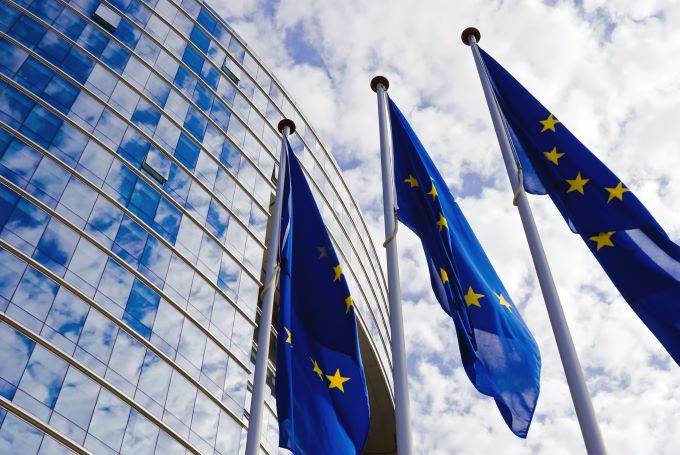The British Pound was moving close to a 1-week peak during London trade on Thursday, despite the latest data which indicates that the British economy was stagnant in the three month period to February, just before the escalation of the Coronavirus. According to the UK's Office of National Statistics, GDP in that period rose by 0.1%, less than the expected forecast of 0.2%. For the month of February, GDP was -0.1%, against predictions that the number would be unchanged at 0.1%. It was also reported that annual manufacturing and industrial production figures for February were slightly better than the analysts' predictions, coming in at -3.9% and -2.8%, against a forecast of -4.0% and -2.9%, respectively. Analysts say that the gains seen are largely a factor of a weakening Dollar rather than any enthusiasm over the data.
As of 10:50 am in London, the GBP/USD was trading at $1.2421, up 0.2947%; the pair has ranged from a session peak of $1.24270 to a low of $1.23602. The EUR/GBP was lower at 0.8757 Pence, a loss of 0.0525% and off the session trough of 0.87488 Pence; the session high was recorded at 0.87825 Pence. The GBP/JPY was high at 135.19 Yen, a gain of 0.357%.
Euro Outlook Improving
Analysts believe that the Pound is likely to see some renewed pressure from the Euro, largely as a result of the respective government efforts to combat the spread of the Coronavirus. While the UK is considering extending its lockdown period, some European nations are now beginning to consider an exit strategy as the numbers of infected have continued to go down. Those nations, which include Denmark and Austria, acted swiftly to curtail the spread. One analyst pointed out that those nations will move quicker toward economic normalcy than the rest.

